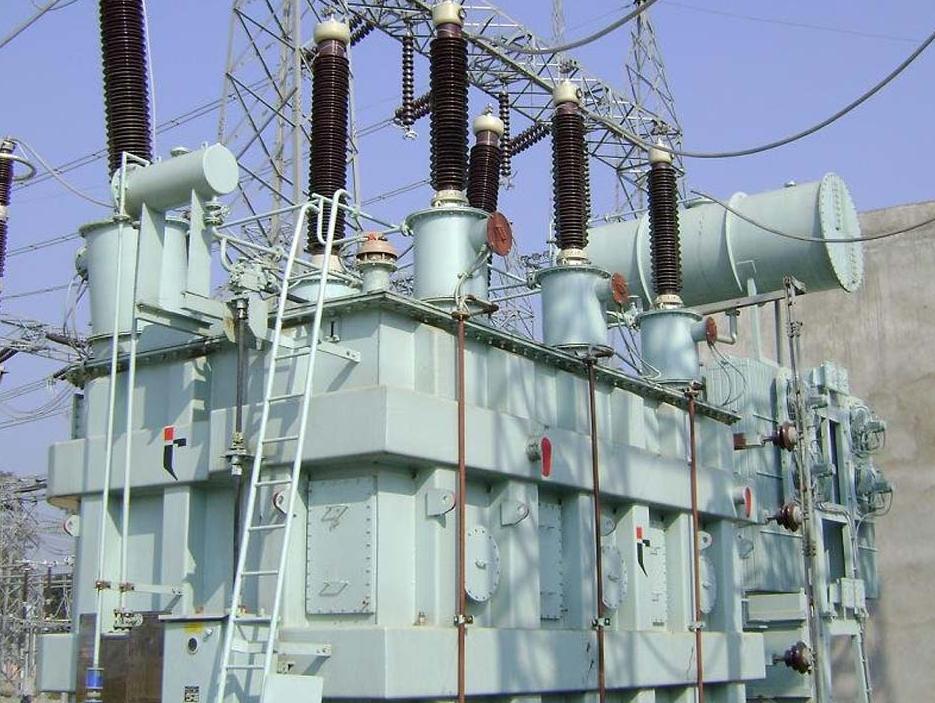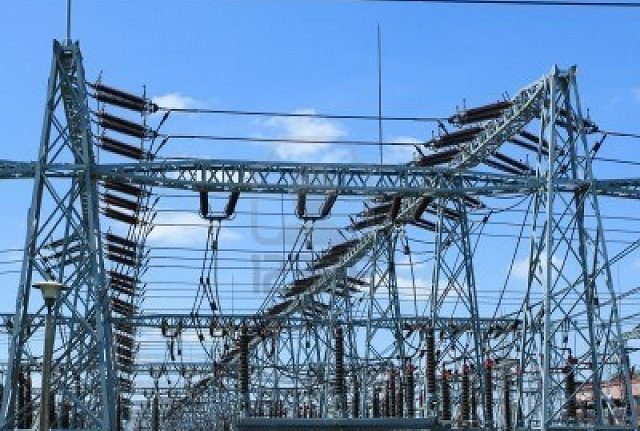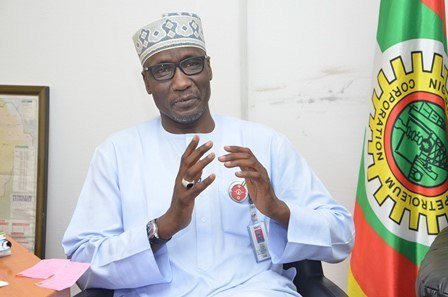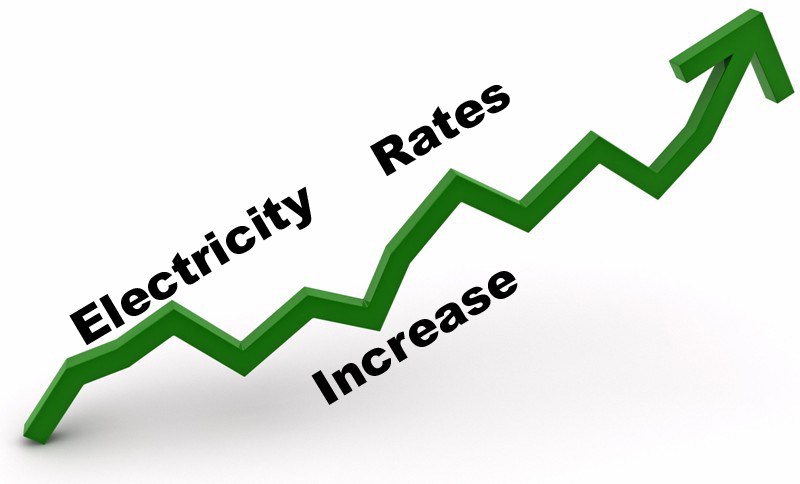Ikeja Electric (IE) says supply of free electricity to Nigerians during the period of the Coronavirus pandemic is only a proposal which is still undergoing stakeholder reviews on its feasibility.
Mr Felix Ofulue, Head, Corporate Communications, IE, made the clarification in a statement issued on Thursday in Lagos.
Recall that Mr Sunday Oduntan, Executive Director, Research and Advocacy of the Association of Nigerian Electricity Distributors (ANED), on Wednesday, said the 11 electricity Distribution Companies had promised to supply two months of free electricity to Nigerians.
Oduntan said the decision was in recognition of the challenging effects of the COVID-19 pandemic on the economic and daily lives of the customers.
Ofulue, however, said the management of IE was fully in support of the ongoing efforts of the National Assembly, in collaboration with the Federal Government, to consider a proposal on the possibility of providing free electricity for Nigerians for two months.
He said : “However, it is important to point out that at the moment, it is only a proposal and is still undergoing stakeholder reviews on its feasibility.
” It has not been approved by the Government as a stimulus package or palliative.
“As such, the ability of the DisCos to implement this proposed palliative is subject to the stimulus package being passed by the National Assembly and signed into law by the President,” he said.
He urged IE’s customers to continue to pay their utility bills as usual, adding that the DisCo would continue to serve and put its customers first during this difficult period.



